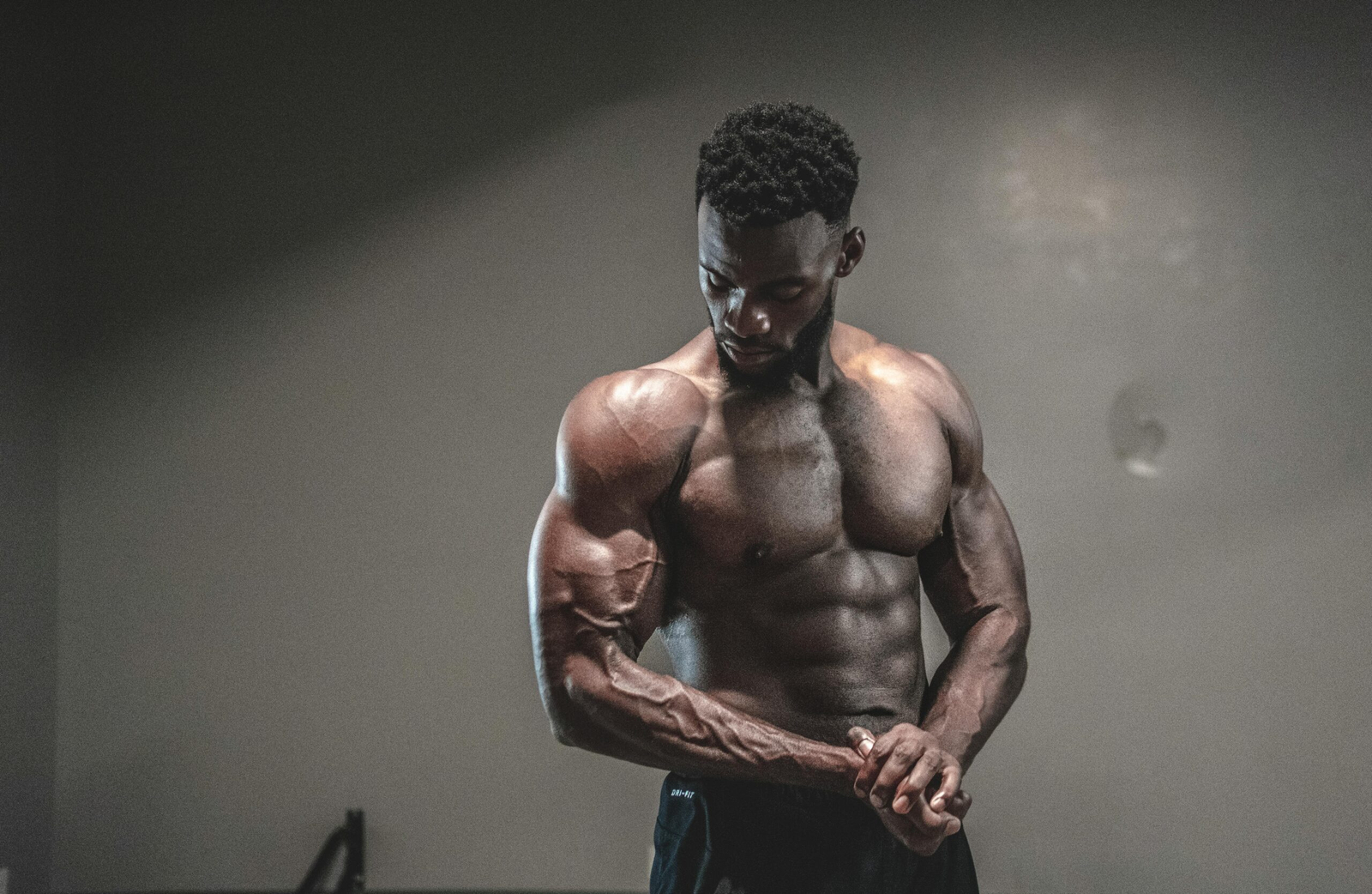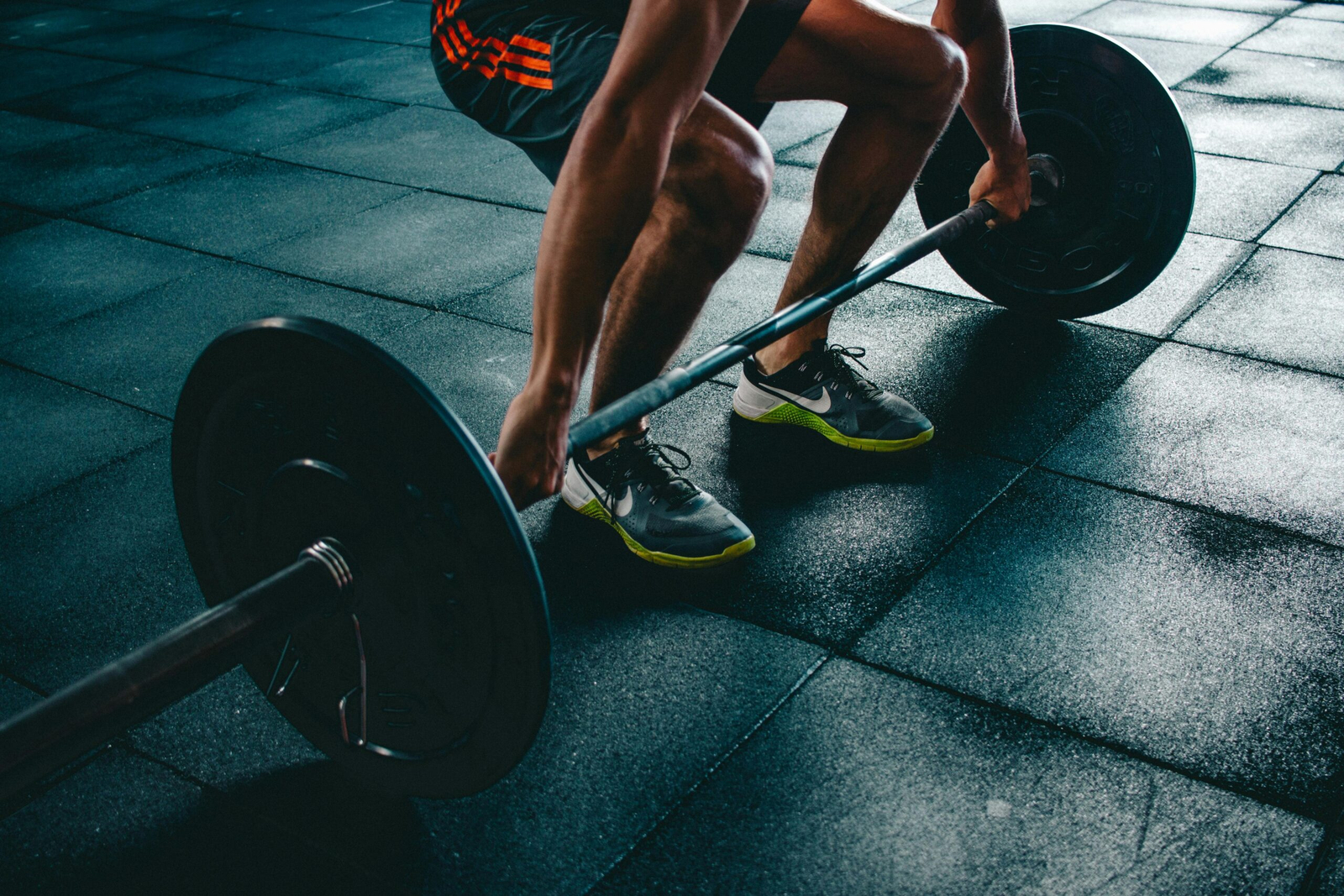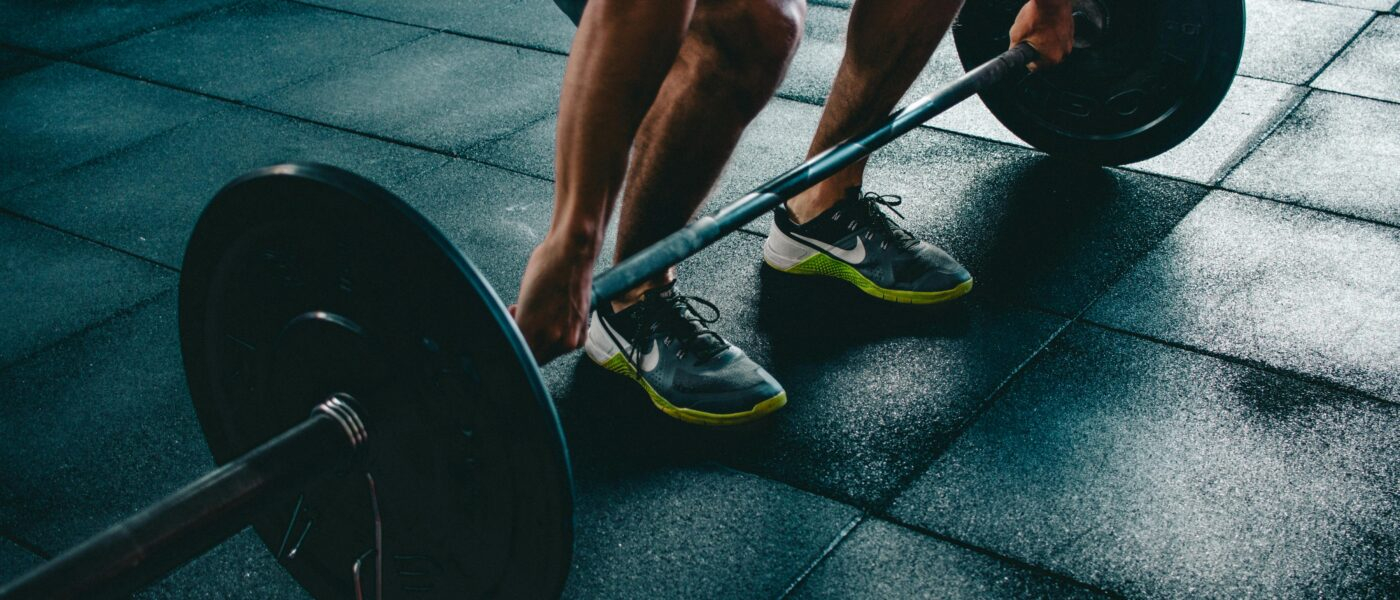A Comprehensive FAQ Guide on How to Build Muscle
Striving to sculpt a stronger, leaner body? You’re not alone! “A Comprehensive FAQ Guide on How to Build Muscle” arms you with the insights you’ve been seeking. You’ll unravel the essentials behind muscle building, cut through the murky myths and get down to the nitty-gritty science. It’s your roadmap to understanding everything from dietary needs to the perfect fitness regimen. This enlightening guide caters to beginners and fitness veterans alike, providing answers to the most frequently asked questions. Muscle building has rarely been this accessible or easy to understand! Get ready to transform your physique and your life.

Understanding Basic Anatomy and Muscle Growth
If you’re looking to build muscle, it’s important to understand the basics of your body’s anatomy and how muscles actually grow. This will allow you to approach your muscle-building routine more effectively.
Brief Overview of Skeletal Muscles
Skeletal muscles are the working muscles of your body – those that are attached to your bones and are responsible for every action that requires voluntary movement. They are composed of muscle fibers, each containing its own nerve cell, and are supported by connective tissue.
How Muscles Grow and Repair
Muscle growth, also known as hypertrophy, occurs when the fibers of the muscles sustain damage or injury. The body repairs damaged fibers through a cellular process where it fuses muscle fibers together to form new muscle protein strands or myofibrils. These repaired myofibrils increase in thickness and number to create muscle hypertrophy.
The Role of Proteins in Muscle Building
Proteins are the main building blocks of your muscles. They are used to build and repair tissues. So, consuming enough proteins in your diet is crucial for muscle growth and repair following an exercise.
Understanding Myofibrillar Hypertrophy and Sarcoplasmic Hypertrophy
Myofibrillar hypertrophy refers to the enlargement of the muscle fiber itself, leading to stronger, denser muscles. On the other hand, sarcoplasmic hypertrophy is the growth of the sarcoplasm, a fluid-like substance in your muscle cells, leading to larger, ‘puffier’ muscles. Both types are important for comprehensive muscle growth.
Importance of Nutrition in Muscle Building
Behind every sculpted physique is a well-planned diet. The right nutrition can significantly contribute to your muscle-building efforts.
Role of Proteins in Nutrition
As stated earlier, protein plays a crucial role in muscle repair and growth. Experts recommend a daily protein intake of 1g per pound of your body weight when looking to build muscle.
Carbohydrates and Fats – Their Importance
Carbohydrates provide the energy your body needs for workout sessions while healthy fats support muscle growth and recovery. They also play a pivotal role in the production of key hormones like testosterone that are crucial for muscle growth.
Ideal Meal Plan for Muscle Building
An ideal meal plan for muscle building contains balanced amounts of proteins, carbohydrates and fats. Alongside this, it should also include ample fruits and vegetables for micronutrients, and it must be adhered to consistently.
Importance of Hydration
Never underestimate the importance of staying hydrated. Adequate water intake can aid in muscle recovery and growth, keep your energy level high, and help your body to effectively process the nutrients you consume.
The Role of Working Out in Building Muscle
Working out plays an inevitable role in building muscle. But it’s not just about lifting weights – there’s a science behind effective exercise.
The Importance of Resistance Training
Resistance training, such as weightlifting or bodyweight exercises, is key to muscle growth. It causes micro-tears in muscle tissues which the body repairs and strengthens during rest, leading to muscle growth.
Cardio Training and Building Muscle
While cardio may not directly contribute to muscle growth like resistance training, it is important in maintaining overall health and boosting the body’s muscle recovery capability by improving blood circulation.
Importance of Consistent Training
Muscle growth is a gradual process, so consistency is key. Keeping to a regular training routine with progressive overload allows your muscles to continue adapting and growing.
Understanding the Role of Overload and Progression
The principle of overload states that in order for muscles to grow, they need to be worked harder than they’re used to. This means continuously increasing the weight, reps or intensity of exercises. This process is referred to as progression.
Designing a Workout Plan for Muscle Building
Getting the most out of your workout starts by determining your current fitness level and tailoring your workout around that.
Assessing your Fitness Level
Understanding your body’s current condition is crucial as it will determine the intensity and type of exercises that are suitable for you. This initial assessment can prevent you from pushing yourself too hard and risking injury.
Setting Realistic Goals
It’s important to set goals for yourself, but they must be realistic. Building muscle is a process that takes time, so it’s better to aim for steady progress rather than instant results.
Creating a Balanced Routine
A balanced workout routine includes a mix of resistance training, cardio, and ample rest. This ensures a well-rounded approach to health and muscle growth.
The Importance of Rest Days
Rest is an essential part of muscle recovery and growth. It’s during the rest that the body repairs muscle fibers and encourages them to grow. So, don’t skip these important rest days!

Choosing the Right Exercises
The success of your training heavily relies on the exercises you choose to include in your routine.
Compound Exercises versus Isolation Exercises
Compound exercises that engage multiple muscles at the same time can stimulate more muscle growth than isolation exercises that only target one muscle group at a time. This is why exercises like squats, deadlifts, and bench presses are vital to muscle building.
The Role of Use of Equipment in Training
Proper use of gym equipment can help you perform exercises more efficiently, and with a lower risk of injury. Different equipment can target different muscle groups and aid in overall muscle growth.
Importance of Technique and Form
Performing exercises with the correct technique and form is vital to ensure your muscles work as efficiently as possible and to prevent any potential injury.
Monitoring Progress and Overcoming Plateaus
Keeping track of your progress will help keep you motivated and let you know if and when you hit a plateau.
Tracking your Progress Effectively
Regularly noting down the weights you’re lifting, your body measurements, and even taking progress pictures can be really helpful in monitoring your development.
Understanding Muscle Building Plateaus
A muscle-building plateau is when you stop seeing progress from your workouts. This can be due to many reasons including not increasing the intensity or variety of your workouts, not getting enough rest, or not consuming adequate nutrition.
Tips and Techniques to Overcome Plateaus
Changing up your workout routine, increasing your protein intake, getting more rest, and even taking a short break from intense workouts can all help you overcome a plateau.

Debunking Common Myths about Muscle Building
There are many misconceptions about muscle building that could hinder your progress if you’re not aware of them.
Protein Supplements and Muscle Growth
While protein supplements can aid in muscle growth, they are not a replacement for a well-rounded diet. Getting your protein from various sources, including whole foods, is always a better option.
Spot Reduction and Muscle Building
Many people believe that working out a certain area of the body will reduce fat in that specific part. However, spot reduction is not possible – fat loss occurs throughout the body regardless of where you’re exercising.
Doing More Reps Leads to Bigger Muscles? – Clearing Misconceptions
More reps don’t always mean bigger muscles. It’s rather the intensity and progressive overload that really matter. What’s important is that you gradually push your muscles to cope with more load or volume.
The Role of Sleep and Recovery in Muscle Building
Sleep and recovery play a big role in your muscle growth journey. They’re just as important as your workouts and your diet.
Understanding the Importance of Sleep in Muscle Growth
Sleep is when most of your muscle recovery and growth occur. Insufficient sleep can hinder muscle growth, cause muscle loss, and even lead to injuries.
Post-workout Recovery and its Role
Adequate post-workout recovery not only enhances muscle growth but also prepares your body for the next training session. This includes cool-down exercises, consuming post-workout nutrition, and getting plenty of rest.
The Concept of Overtraining – Signs and Solutions
Overtraining is when you don’t allow your body enough time to recover between workouts. Symptoms include a constant decrease in performance, decreased appetite, and increased risk of injuries. To avoid this, make sure you’re getting enough rest and nutrition.

Effects of Hormones on Muscle Building
Hormones can have a significant influence on muscle growth and can be a determining factor in muscle gains.
Understanding Testosterone’s Role in Muscle Growth
Testosterone is a crucial hormone for muscle growth. It contributes to increased muscle mass by enhancing muscle protein synthesis.
Growth Hormone and Muscle Building
The growth hormone, released during sleep, aids in cell reproduction and regeneration, making it vital for muscle growth and repair.
Impact of Cortisol on Muscle Growth
Cortisol, a hormone released during periods of stress, can actually inhibit muscle growth and even promote muscle loss. So, it’s important to manage your stress levels and get plenty of rest to keep cortisol levels in check.
Common Questions and Concerns about Muscle Building
Why Am I Not Seeing Results?
If you’re not seeing results, it might be due to various reasons – not getting enough protein, not working out intensely or consistently enough, not giving your body enough time to rest and recover, or even not drinking enough water.
How Often Should I Workout?
The frequency of your workouts can vary depending on your individual fitness level and goals. However, most experts suggest resistance training 3-4 times a week for optimal muscle growth.
What Kind of Diet Should I Follow?
Your diet should be high in protein, and also include a good balance of carbohydrates and fats. It should be rich in fruits and vegetables for their essential vitamins and minerals.
Do I Need Supplements to Build Muscle?
While supplements can support muscle growth, they are not essential and should not replace a well-balanced diet. As always, it’s best to consult with a healthcare professional or a dietitian before starting any supplement regimen. Remember, building muscle is a journey, not a race. Listen to your body, remain consistent, and appreciate every step along the way to enjoy the process and see sustainable results.

